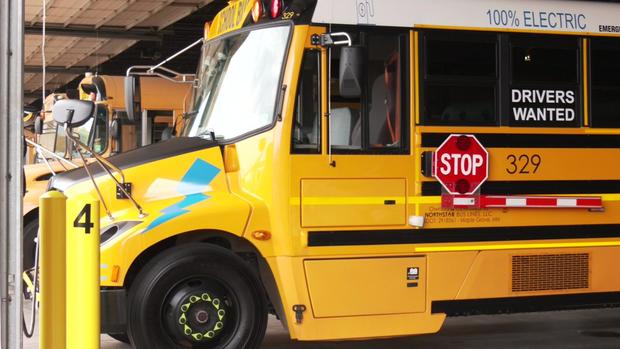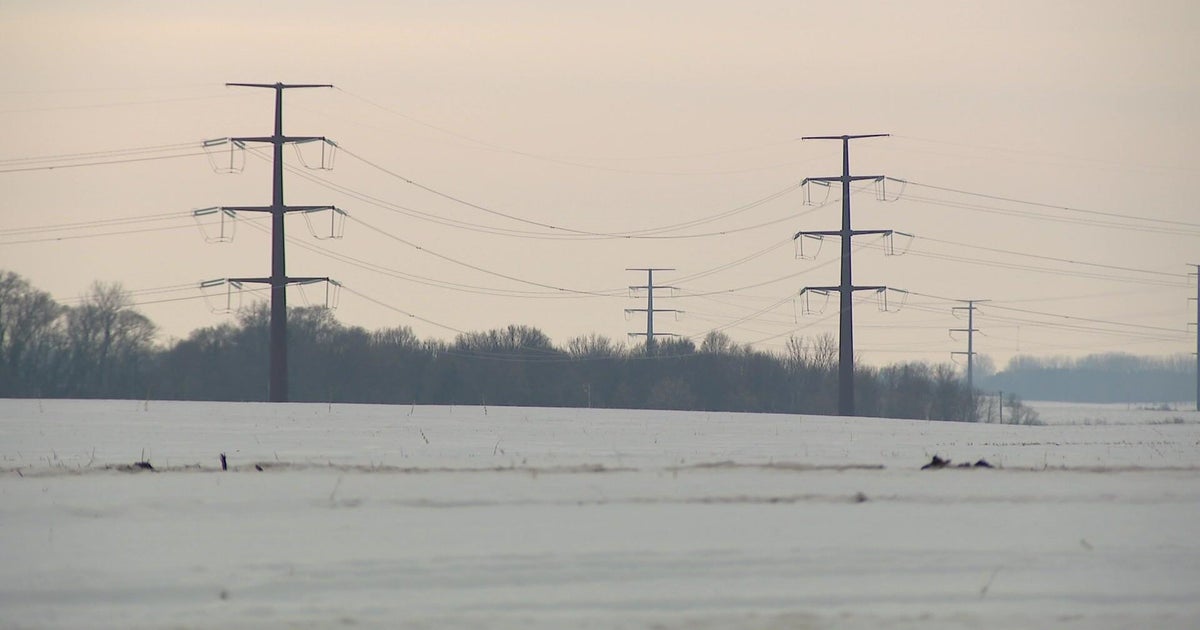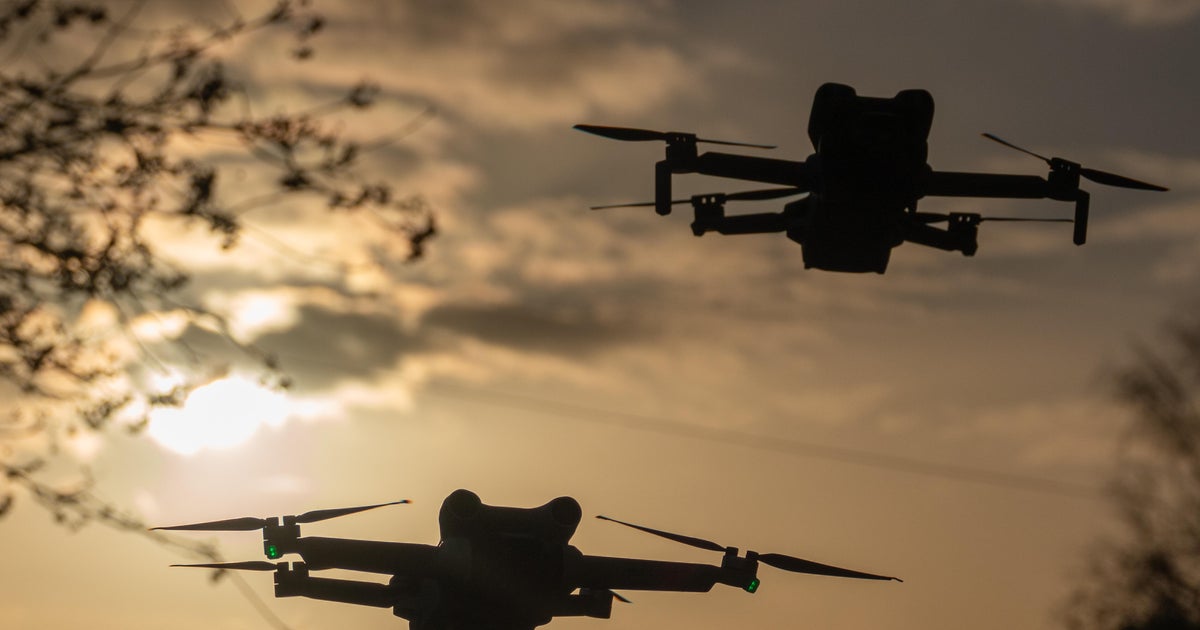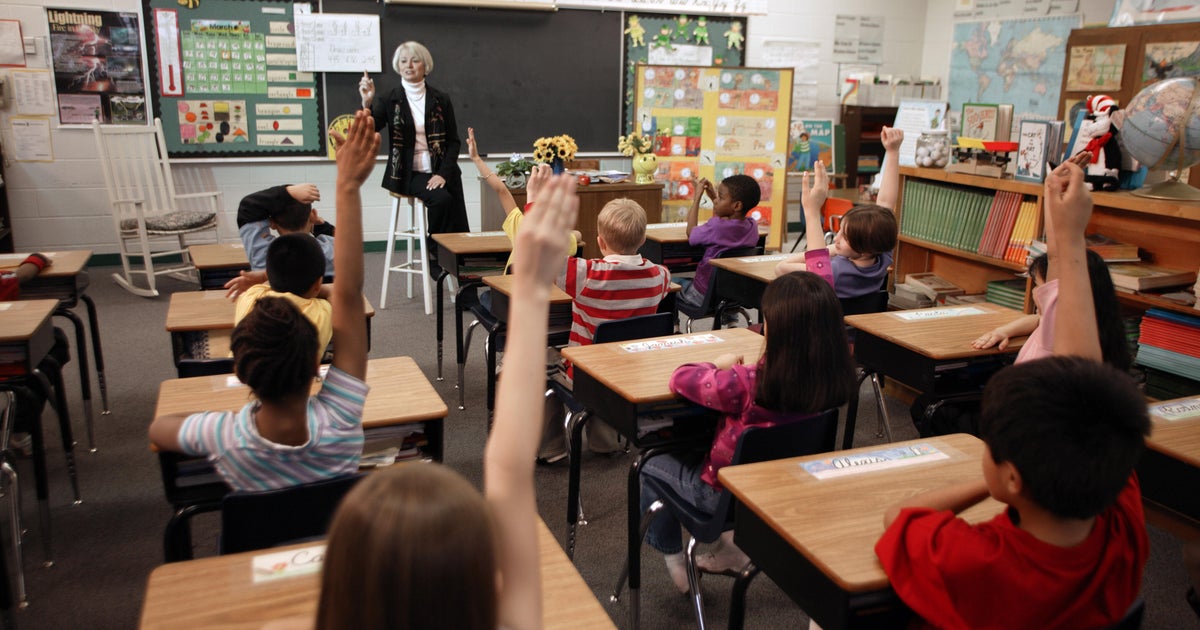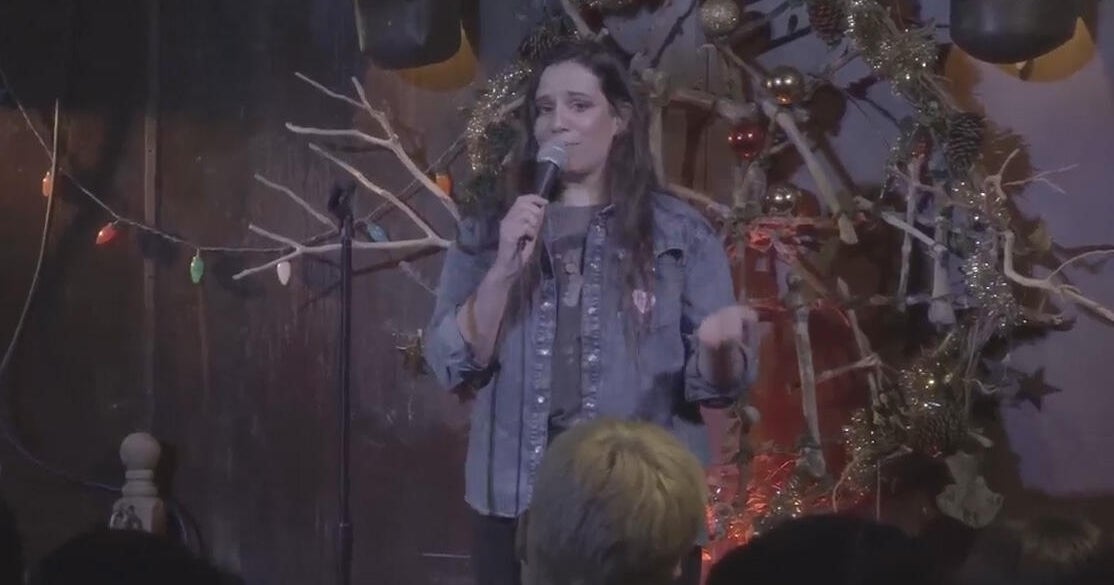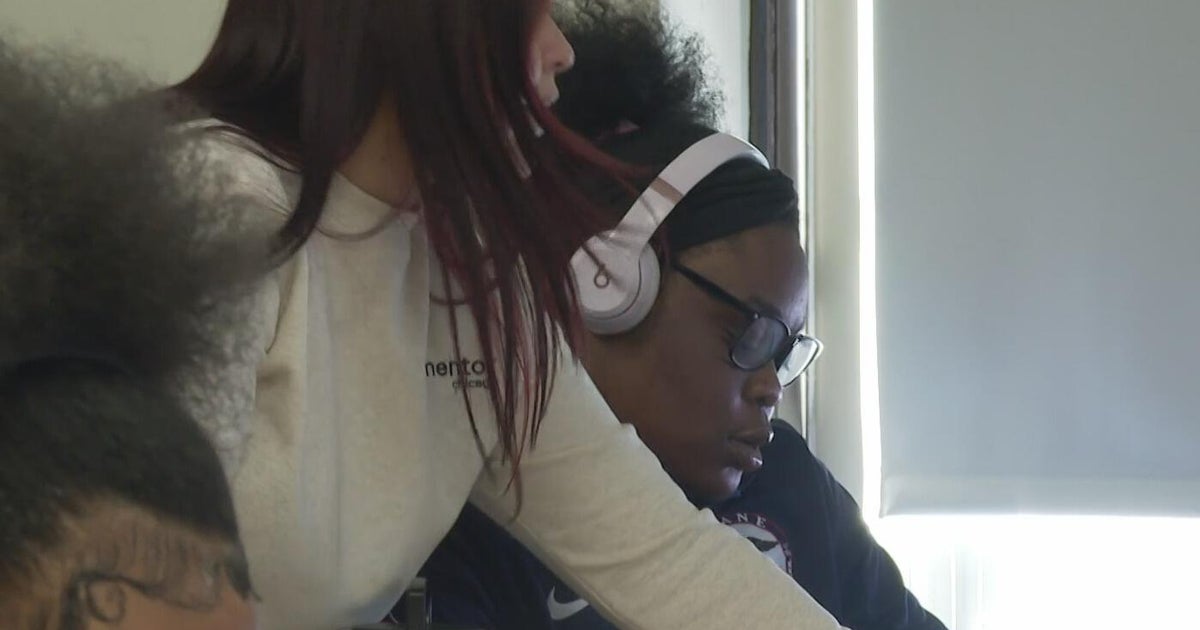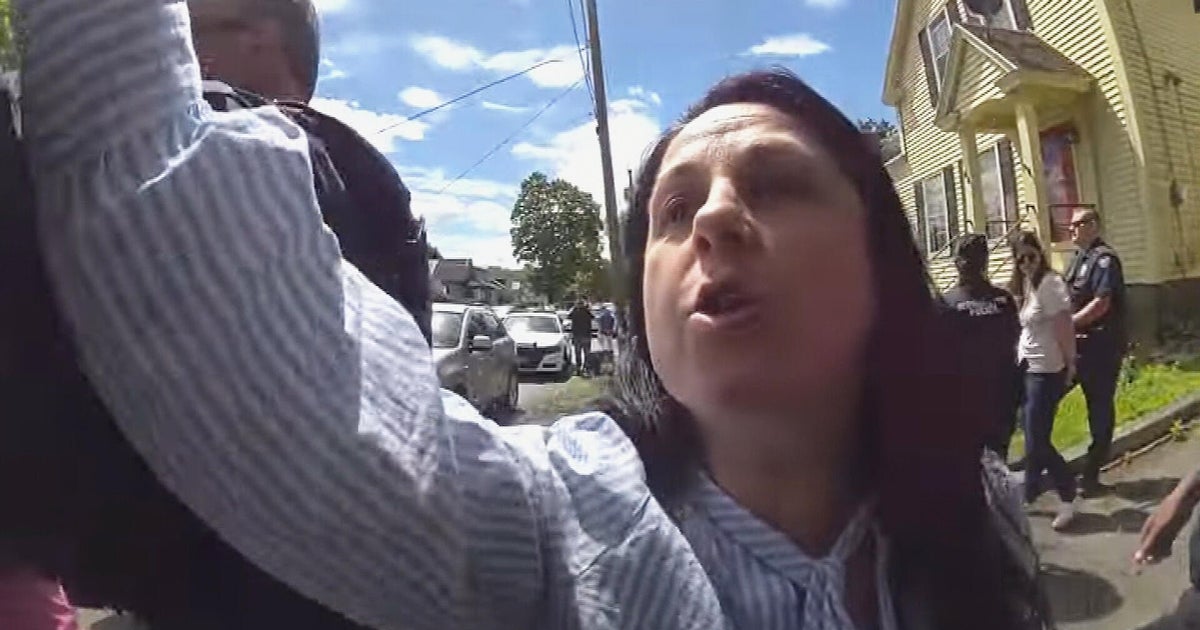Minnesota to expand its grant program for electric school buses
MAPLE GROVE, Minn. – State officials in Minnesota hope the yellow buses that bring students to school will drive Minnesota closer to its green energy goals.
The Minnesota Pollution Control Agency (MPCA) is expanding a grant program for districts to transition from diesel-fueled to battery-powered buses this year, earmarking nearly $3 million to support grants up to $375,000 for the purchase.
The funding is from the state's share of a national settlement with Volkswagen for violating the federal emissions law. It began with a pilot project that kickstarted last school year, which five school districts participated in.
"It's just one of the tools in the toolbox to reduce transportation emissions," said Brian Timerson, a supervisor with the MPCA.
RELATED: How do electric vehicles work? And who's actually paying for the power?
Transportation is the largest source of greenhouse gas emissions, and the agency estimates trading one school bus on the road today for an electric vehicle can reduce that pollution by 29 tons. The state has a goal of reducing emissions by 80% within the next three decades.
Timerson said school buses are a top target because they have known routes, so it's easier to gauge how long they will operate at a time when Minnesota is in the beginning phases of building out the infrastructure for charging stations.
The MPCA is still collecting data from the pilot project, including how the buses fare in the cold winter climate, which has been a challenge the industry is racing to solve.
"In general, they seem to work pretty well. That's what we're seeing from the data," Timerson said. "The data is showing that the range is acceptable; not for every bus route but for probably many of the bus routes that a school district would have."
Nick Martini, senior vice president of Northstar Bus Lines, said the state resources in the pilot program provided an opportunity for his company to purchase three electric school buses to service Osseo public schools.
He noted they cost four times the amount of a regular bus, but the cost to power them is less: the equivalent of $4 per gallon in diesel fuel is $1.10 to charge. Electricity is measured by kilowatt-hours.
"Grant money is a great way to offset that," Martini said of the up-front price tag.
RELATED: Electric vehicle supporters cheer news of new metro EV charging network
State lawmakers also allocated $6 million for electric buses. Separately, there is a rebate program for consumers buying an electric vehicle and other climate-friendly technology.
The mile range of Northstar's electric buses is 120, but that can drop by 15% to 20% in the winter, Martini explained. That is among the top challenges Martini said his company has faced in the year since it brought the vehicles into the fleet.
There also is additional training for drivers.
"One of the biggest things we've learned is infrastructure planning is huge. If you're going to have one bus, like if you're going to have one car at home, that's a fairly easy feat to tackle," Martini said. "But when you're looking at the future -- you're looking at scaling operations -- you're asking the questions now: what would it look like if we had a garage full of 100 electric buses?"
The deadline to apply for the latest round of MPCA electric school bus grant funding is next Tuesday.

